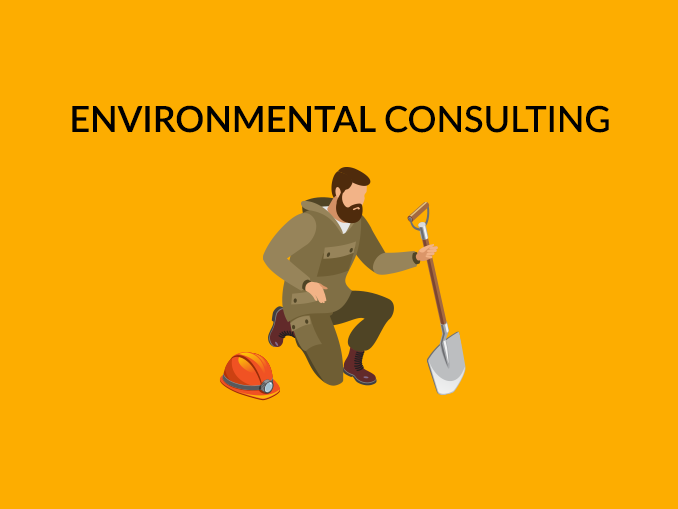
If you're searching for a job as a full-stack programmer, then you have come to right place. Find out more about the Requirements, Salary and Working Environment, as well rewards. Read on to learn more! It's possible to be surprised by the attractive features of this job description!
Requirements
As a Full Stack Designer, you will translate software requirements into workable solutions. In the development of applications, you will adhere to best practices. You will also be involved in sprint tests, retrospectives, solution releases, and other activities. You will need to live and work in the United States as a Full Stack Developer.
Full Stack Developers have a variety of skills and expertise. They might be responsible to create layouts, fix existing code or create new software. As you gain more experience, you are able to tackle more challenging tasks.

Salary
The salary of a full-stack developer is heavily dependent on their skills. You will need to have strong programming skills and knowledge of databases. They also need to be able work in multiple situations. They must also be able to spot errors and pay attention to details. Full stack developers are also expected to help other developers, especially when they are struggling.
The salary for full stack developers varies greatly across the world. They generally handle tasks at the website's front-end and back-end. They can earn an average of $110 381, but depending on their experience, they may make more.
Work environment
If you want to be a full-stack developer, you need a solid foundation in a variety of software and languages. Full-stack developers need to have a solid skill set in order to handle the many responsibilities they are given. Core skills are only the beginning. Full-stack developers must continually improve and expand their abilities. HackerRank revealed that 45 percent of full stack developers had to learn another language in the previous year.
A full-stack developer's salary is dependent on the complexity of the project and his/her experience. An education in programming languages and a formal education will enhance your earning potential. Your earning potential will depend on the size of the company where you work. Smaller businesses typically require simple web applications, while larger companies need more complicated systems.

Rewarding benefits
It doesn't matter if you are looking to hire a full stack developer at a small startup, or for a large corporation, your job description needs to be as detailed as possible. Information about the company and its culture will be important, along with details about the job. In addition to compensation and benefits, you'll want to include any other nonmonetary compensation you offer. This may include vision, health, and mental coverage.
Full-stack developer compensation depends on their location, experience, as well as their skills. This means that their salary will depend on their skills and experience. For example, if you have experience in front-end web development and are a good team manager, you can expect to make more money than someone who is only familiar with back-end development.
FAQ
How do I attract clients to my consultancy business
First, find a subject you're passionate about. You can choose to be passionate about anything, from public relations and social media. If this is the case, it may be worth starting small by focusing on a niche market such web design. Once you have discovered the niche, understand what it does. What problems does it solve What problems can it solve? How can you help them?
It is also possible to approach businesses directly.
You can also offer your services at events such as networking nights and conferences, if all else fails. This will allow you to meet potential customers without the need for advertising and also allows you to showcase your skills.
How much do consultants make?
Some consultants make over $100k per year. However, most consultants only make $25-$50k. An average consultant salary is $39,000 This includes both hourly and salaried consultant.
Salary is dependent on experience, location and industry. It also depends on whether the consultant works from home or has a remote office.
What tax do I have to pay on consulting income?
Yes, you must pay tax on the consultancy profits. The amount you earn depends on your annual income.
If you are self-employed, expenses can be claimed on top of your salary. These expenses include rent, childcare and food.
But you won't be able to deduct interest payments on loans, vehicle depreciation, or the cost of equipment.
You can only claim back 25% of your expenses if you earn less than PS10,000 a year.
However, even if your earnings exceed this threshold you may still be subject to tax depending on whether or not you are a contractor or an employee.
The PAYE tax for employees and the VAT tax for contractors is generally paid as you earn.
Is it possible that a consultant business can be started from home?
Absolutely! Many consultants do this already.
The majority of freelancers work remotely with tools like Skype. So they don't miss company perks, freelancers often make their own office space.
Some freelancers prefer to work in cafes or libraries instead of in a traditional office environment.
Others prefer to work from home as they feel more at home with their families.
Although working from home is a great option, there are some downsides. It is worth it if you love your work.
What happens when the consultant is done?
After the consultant has completed the work, they will submit a final document detailing the results. This report includes the deliverables and project timelines.
You will then review the report to determine if the consultant fulfilled your expectations. If not, you can either request changes or terminate the contract.
How does consulting differ to freelancing
Freelancers work as independent contractors and offer their services without the assistance of an agency or company. They generally charge an hourly rate depending on how long they spend on a client project. Consultants usually work for agencies or companies that employ them. Their salaries are usually paid monthly or annually.
Because they have control over their work hours and can set their prices, freelancers are more flexible than consultants. However, consultants often have better benefits, such as health insurance, vacation days, sick leave, retirement plans, etc.
Can consulting be considered a real job?
Consulting is not just an entry-level career choice for people who want to make money fast - it's also a great way to learn valuable skills and build a solid foundation that you can use throughout your work.
Consulting offers many opportunities in project management as well as business development, strategy and training. You might find yourself working on projects ranging from small start-ups to large-scale international corporations.
Consulting provides you with the opportunity to develop and hone your skills, as well as gain experience within a range of industries. This could be learning to manage people, write proposals and manage budgets, analyze data and create presentations, or conduct market research.
Statistics
- "From there, I told them my rates were going up 25%, this is the new hourly rate, and every single one of them said 'done, fine.' (nerdwallet.com)
- My 10 years of experience and 6-step program have helped over 20 clients boost their sales by an average of 33% in 6 months. (consultingsuccess.com)
- 67% of consultants start their consulting businesses after quitting their jobs, while 33% start while they're still at their jobs. (consultingsuccess.com)
- According to statistics from the ONS, the UK has around 300,000 consultants, of which around 63,000 professionals work as management consultants. (consultancy.uk)
- WHY choose me: Why your ideal client should choose you (ex: 10 years of experience and 6-week program has helped over 20 clients boost their sales by an average of 33% in 6 months). (consultingsuccess.com)
External Links
How To
How To Find The Best Consultant?
Ask yourself what you want from your new consultant before you start looking. Before you look for someone, you need to be clear about your expectations. Before you start looking for a consultant, make a list. This could include: professional expertise and technical skills, project management capabilities, communication skills, availability, etc. After you have listed your requirements, it might be a good idea to ask colleagues and friends for their recommendations. Ask them what their experience with consultants was like and how they compare to yours. Try searching online for recommendations if you don’t have any. Many websites allow people to post reviews about their work experience, including Angie's List and Indeed. Consider the ratings and comments of other candidates and use these data to start your search for potential candidates. Once you have a shortlist, be sure to contact potential candidates directly to schedule an interview. Talking through your requirements during the interview is a good idea. Ask them questions about how they can assist you in achieving those goals. It doesn't matter whether they were recommended to you or not; just ensure that they understand your business objectives and can demonstrate how they can help you reach those goals.